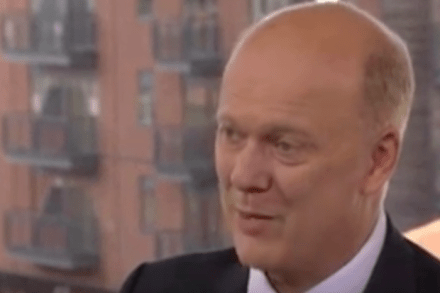Chris Grayling suggests Britain will leave the customs union
Good news for Liam Fox. It looks as though the Secretary for International Trade may have a job after all. After No.10 failed to confirm that Britain would leave the EU customs union as part of Brexit, a number of naysayers — including Nick Clegg — suggested Fox’s department could be left unable to strike any trade deals with the rest of the world. Today on Sunday Politics, Chris Grayling gave the strongest hint yet that Brexit would require Britain to leave the customs union. In an interview with Andrew Neil to discuss May’s great repeal act, the Transport Secretary said that Brexit means ‘we do our own trade deals’: AN: For Brexit to



















